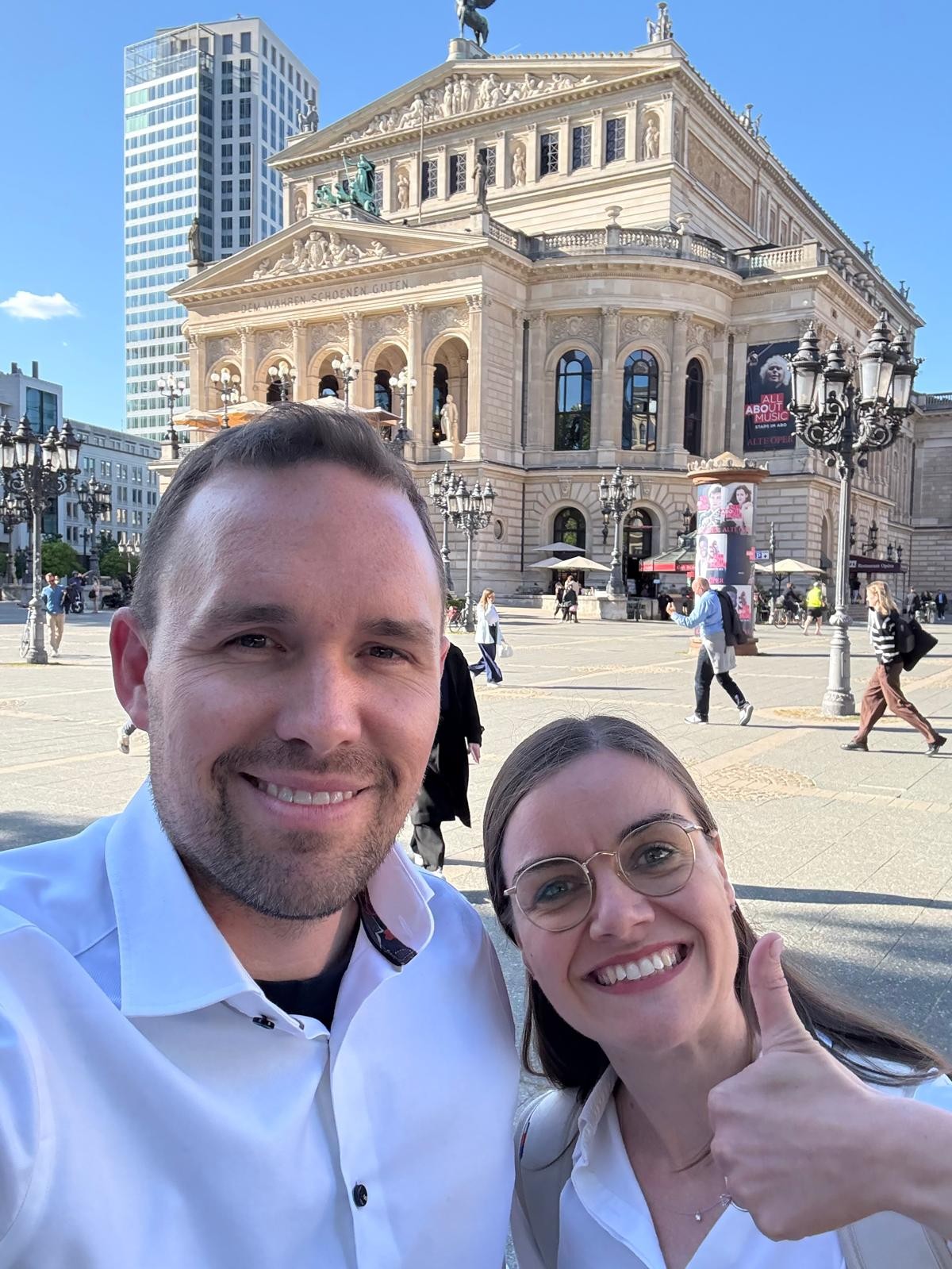
When Resourcly first crossed my desk, I was sceptical. Inventory management is a pretty crowded market, with large enterprise incumbents and low defensibility. Not the best recipe for a strong investment case.
Then I spoke with Helena, Resourcly's co-founder and CEO, who quickly changed my mind. Within our first conversation, I realised that Helena wasn't pitching me another inventory management platform. She was describing a different, yet huge problem – a data problem that was costing manufacturers millions but that they didn’t know how to solve.
The Hidden Crisis in Manufacturing Data
Here's what most people don't understand about modern manufacturing: these enterprises aren't struggling because they lack inventory tracking systems. They’re drowning in bad data. The industry is sitting on $2.5 trillion tied up in idle inventory globally.
Large industrial manufacturers maintain thousands – sometimes tens of thousands – of parts across their operations. But here's the problem: Part A and Part B might be functionally identical, produced by different suppliers with different serial numbers. The existing ERP and inventory management systems see them as distinct items. Procurement teams order both. Warehouses stock both. Working capital gets needlessly tied up in duplicate inventory.
The waste is staggering, with an estimated $200 billion worth of stock scrapped annually. We're talking about millions of euros in redundant parts sitting in warehouses, lead times that could be cut in half, and procurement inefficiencies that compound across every production line. Yet, despite being overflowing with parts 75% of manufacturing companies experience disruptions to their production line due to supply chain issues.
Helena and Ian, her co-founder, understood this intimately because they’ve lived it at their previous companies SEW-EURODRIVE and Terex. Helena had championed innovation and circular economy models, while Ian saw the problem first-hand in the numbers through controlling and procurement.
The team behind it all
Through our broader supply chain investing, one thing we know for certain: manufacturing is notoriously slow to adopt new technology. These environments require founders who don't just understand the technical pain points but speak the language, know the politics, and have earned credibility through experience. They need to understand precisely what would make these companies alter their behaviour. This is exactly what we saw in Helena and Ian.
Helena knew that working capital optimisation would get her first foot in the door, while circularity would lead to long-term benefits for both the company and the planet. The team proved quickly how they were learning from customer conversations and adapting their product and pitches accordingly. Most impressively, during our due diligence process, Resourcly tripled their ARR by signing a major client, increasing 5x their initial pilot to a solid six-figure contract across multiple business units that validated everything Helena was telling us about the pain points. Needless to say, conviction was quickly built.

Ian and Helena, after signing legals!
AI-Enabled Defensibility
What makes Resourcly defensible is its underlying AI-powered parts matching algorithms.
They're using machine learning to analyse parts data pulled from PLM and ERP systems and identifying functional equivalencies that have been invisible to manufacturers. As they scale across manufacturing facilities, this becomes cross-supplier, cross-manufacturer intelligence that creates an entirely new data asset.
This is where point solutions win. Traditional ERP systems like SAP and Oracle can tell you what inventory you have, but they can't tell you how to optimise what you have. They're not built for portfolio complexity reduction because they lack the granular part-level data and intelligence layer to process it. For these massive platforms managing enormous, complex tooling across countless use cases, this kind of deep optimisation on a specific sub-function would require extensive development and trade-offs that they're unlikely to prioritise.
The Two-Level Opportunity
Our investment thesis for Resourcly operates on two levels.
In the near term, we believe the SaaS product – the parts matching and inventory optimisation tool – will build a significant business on its own. The working capital savings are substantial, the ROI is clear, and the TAM among large industrial manufacturers is meaningful even if they only capture a fraction.
But the even bigger opportunity emerges if they execute on the marketplace vision. Over time, they plan to leverage this data to build a circular inventory marketplace across manufacturers and industries. Today, some manufacturers do this on a case-by-case basis with pen and paper when inventory isn't available last minute. If Resourcly can aggregate manufacturers onto a shared platform where they're trading excess inventory based on functional part equivalencies, they're not just optimising within organisations – they're creating an entirely new procurement channel. Manufacturers get access to parts with shorter lead times and lower costs. Sellers unlock working capital from dormant inventory. The circular economy benefits are significant, but they happen as a result of economic value creation, not despite it.
At Project A, we invest in supply chain tech because we believe the sector is undergoing a generational transformation. Regulatory pressure, climate concerns, and technological advancement are forcing companies to rethink operations that have been unchanged for decades. But change only happens when someone who truly understands the problem decides they're tired of waiting for someone else to fix it.
That's what we saw in Helena and the Resourcly team. That's why we invested.
Resourcly is hiring across multiple positions to make this vision possible. If you want to help build the future of industrial inventory management, you can apply here: https://www.resourcly.earth/careers.html
––
Ciara Gumsheimer is an Investment Manager at Project A, where she focuses on investments in supply chain, industrial, energy, health, and other emerging technologies. If you're building technology to digitise old industries, she'd love to hear from you.